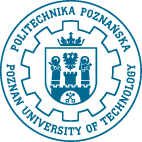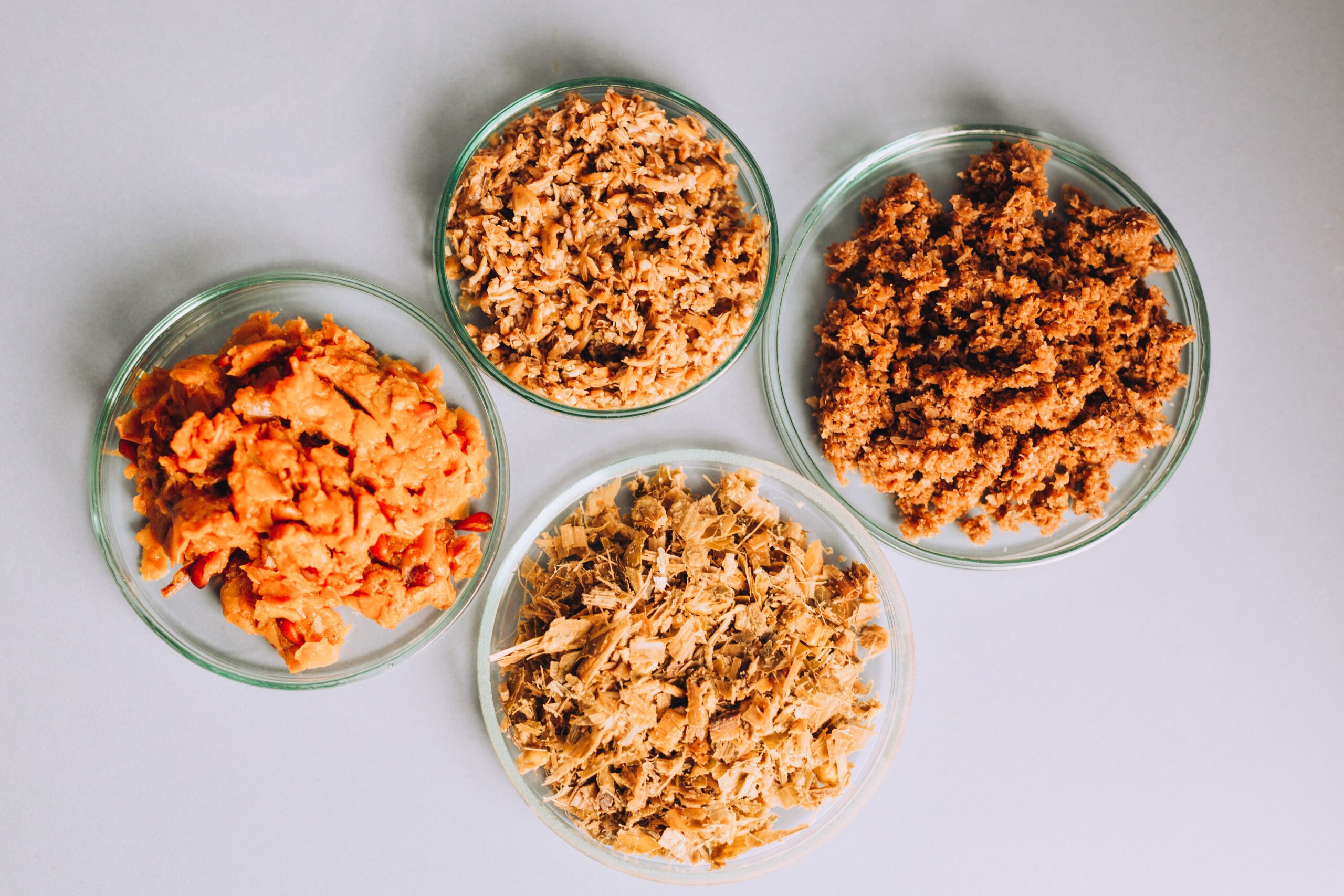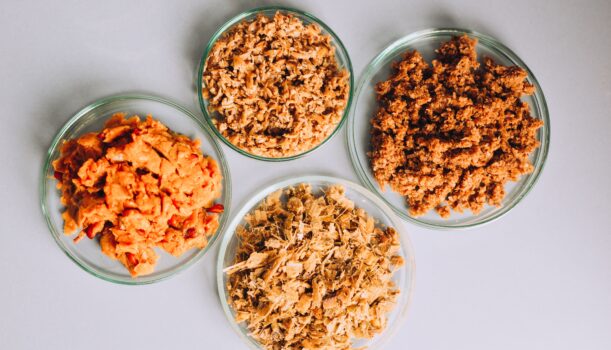The production of value added chemicals is mostly focused on lignocellulosic biomass, whereas the focus of waste treatment is on the degradation of organic matter. Essential to the success of combining the production of value added chemicals with waste treatment is the understanding of the structure of the complex microbial communities responsible for these processes, the interactions among microbial populations within these communities, and linkages with environmental conditions.
Fermentation technologies: we work on open culture fermentation processes for value added chemicals production. One of the most common commercially applied processes that employ undefined open cultures is anaerobic digestion. However, the low market price of methane makes often this process economically not feasible. Anaerobic digestion which converts wet biomass waste into biogas is a well-established technology, whereas conversion of biomass waste to high-value biochemicals is still early phase of development. We focus on chain elongation process in oroder to produce medium chain carboxylic acids.
Gas fermentation: Utilization of gaseous C1 feedstocks via fermentation for producing value-added products could be an important strategy for minimizing their negative effect on the environment and a relevant source of renewable fuels and biochemals. Moreover, the use of C1-based feedstocks for bioconversion has a significantly lower cost and does not compete with food supply chains. We investigate novel processes for bio-polymer and biochemical production utilizing C1 feedstocks such as methane (CH4) and carbon dioxide (CO2) and focus on development of new microbes and steering mixed microbial consortia for optimization of these processes.
Waste management: anaerobic digestion plays a crucial role in waste management and wastewater treatment systems and produces renewable energy in the form of methane. This process is entirely dependent on the complex syntrophic activity of microorganisms belonging to several functional groups. Anaerobic digestion is a biological process where most organic matter (carbohydrates, lipids, proteins) except for lignin components, in the absence of oxygen, is degraded into methane and carbon dioxide. We focus on solutions for enhanced biogas production which could be applied both in municipal wastewater treatment plants and agricultural biogas plants.
Environmental and industrial biotechnology: we study the effect of several technological parameters on the behavior of biological processes. Besides, operational parameters we also aim to study the interactions between microbes in the complex mixed microbial communities. Culture dependent methods, which are extremely useful in understanding specific functions of the microorganisms, fail to decipher the complexity of microbial networks where the activity of microorganisms depend on the operating conditions.
Bioprocess development: development of the new processes, integrating them into biorefineries and making them economically viable presents challenges. We use the techno-economic modelling to identify process steps and conditions which have the greatest impact on decreasing the costs and the environmental footprint.


